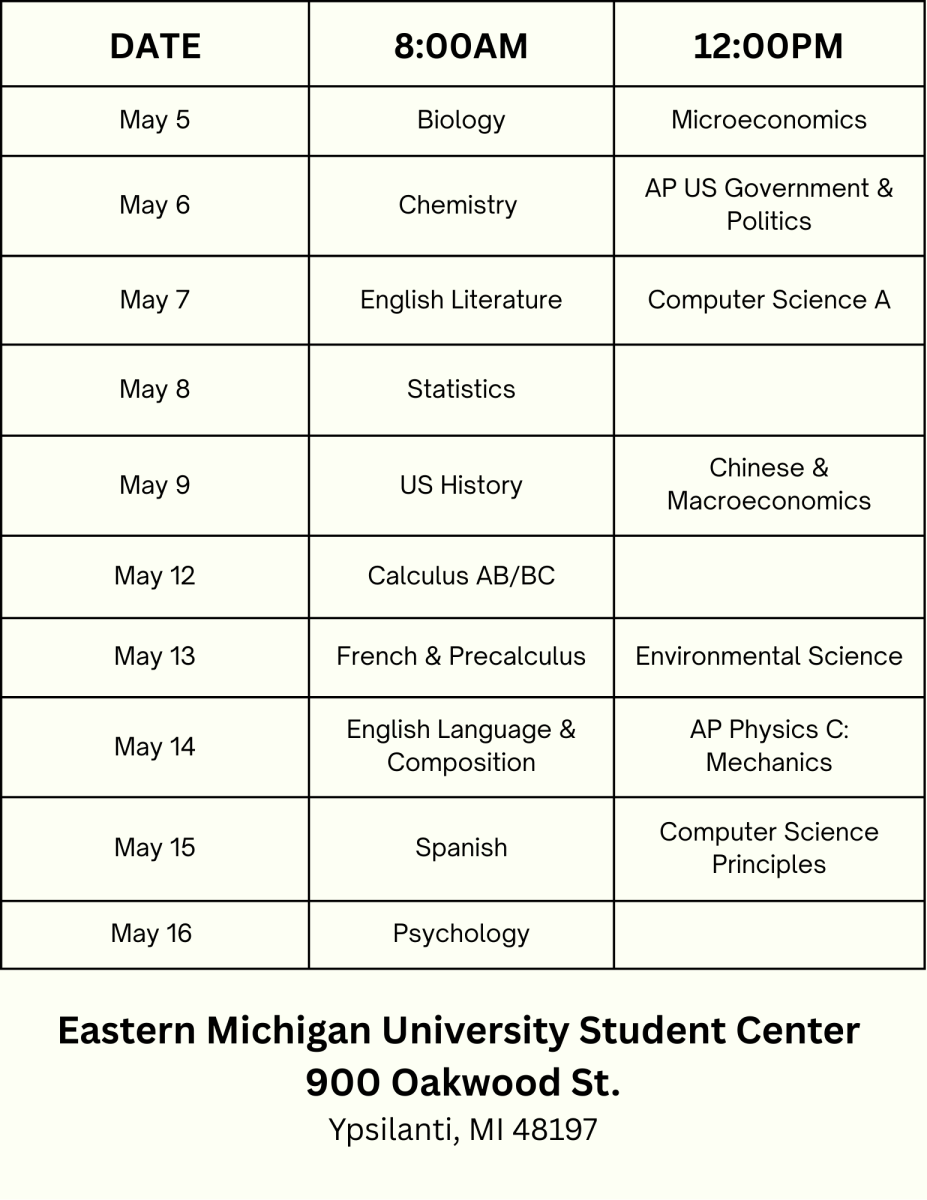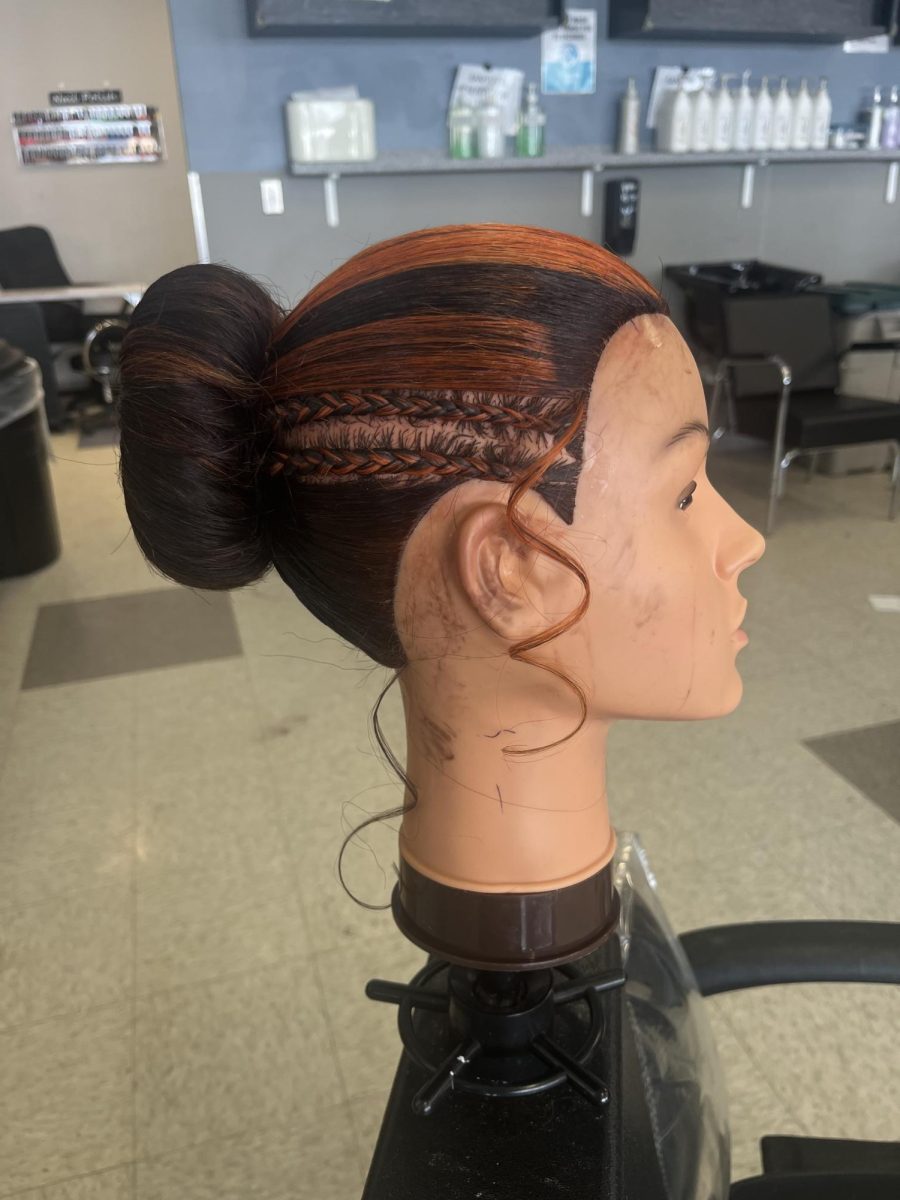
Question: Reflect on something that someone has done for you that has made you happy or thankful in a surprising way. How has this gratitude affected or motivated you?
I have always preferred to keep to myself: never the loudest in the room and never the teammate who will yell at you on the field. I prefer to lead by example. Growing up, I was made to feel like this was a negative trait. I’ve been reprimanded countless times on the soccer field for not vocalizing enough. In school, my teachers consistently criticized my lack of hand-raising. Actions, however, are much more meaningful than words; words are from the lips, actions are from the heart.
When it comes to expressing feelings, my mom and I couldn’t be more different. She can tell you exactly what she feels. What she fails to understand is that being emotional in front of other people is a challenge for me. It’s not that I’m void of emotion, but rather that the outward expression of emotion is a challenge for me.
This proved to be difficult when my four-year-old cousin Chad was diagnosed with Diffuse Intrinsic Pontine Glioma (DIPG). DIPG is an extremely rare brain tumor that has no effective treatment and no survival rate. I’ve never experienced something so confusing, unfair, and devastating. My aunt started documenting Chad’s journey on Facebook and quickly his story was known around the country. The support my family received was astonishing. However, when Chad passed, it felt like everyone in the world knew his story. When I returned to school, people constantly came up to me saying how sorry they were and how they couldn’t imagine what I was going through. I knew their questions were intended as kindness, but there was nothing I hated more than being asked how I was feeling. I did my best to be polite but also end the conversation quickly. I struggled to express how deeply sad I was. Opening up to people I barely knew was the last thing I wanted.
One day at school, I noticed my teacher walking down the hall. I braced myself for another round of questions and sympathetic glances; to my surprise, she didn’t say anything. She simply walked up to me and gave me a hug, and then continued on with her day. That simple action was more meaningful than anything anyone could say. It took away the pressure of me finding the right words to explain my sadness without making other people uncomfortable. For the first time since Chad’s passing, I felt understood and safe.
Throughout Chad’s journey, whenever I felt emotional, I wanted to be alone in the privacy of my own room. I would rarely get emotional in front of others. I felt like something was wrong with me. As I watched my family members outwardly express their emotions, I struggled to understand why I couldn’t do the same. I did process my cousin’s death but in my own way. Giving myself alone time allowed me to process my feelings without the pressures and judgments that others often impose.
The hug from my teacher affected me more than she will ever know. The situation taught me just how important actions can be, even more important than words. Sympathetic words are meant with good intentions, but they come with the expectation of a verbal response. For me, actions don’t require anything in return and more effectively extend support. I am forever thankful that she knew that actions speak louder than words.
I look forward to my future, at college and beyond, where I will no longer feel like something is wrong with me as I lead with my actions instead of my voice.
Reflection
| In journalism, I am a part of the book review section. Everyone at my table besides myself are either freshman or sophomores. I thought it would be interesting to hear what they wonder about my college essay and how I wrote it, given their ages and perspectives. After reading my essay these are the questions they asked:
Have you gotten better with expressing your emotions verbally?
Were your friends following your aunt or how did they hear about Chad in the beginning? Also, how many people know about it now?
When your family was expressing their emotions outwardly and vocally did it ever make you feel guilty or like you weren’t mourning enough?
Did you ever tell the teacher how much that hug meant to you?
|






